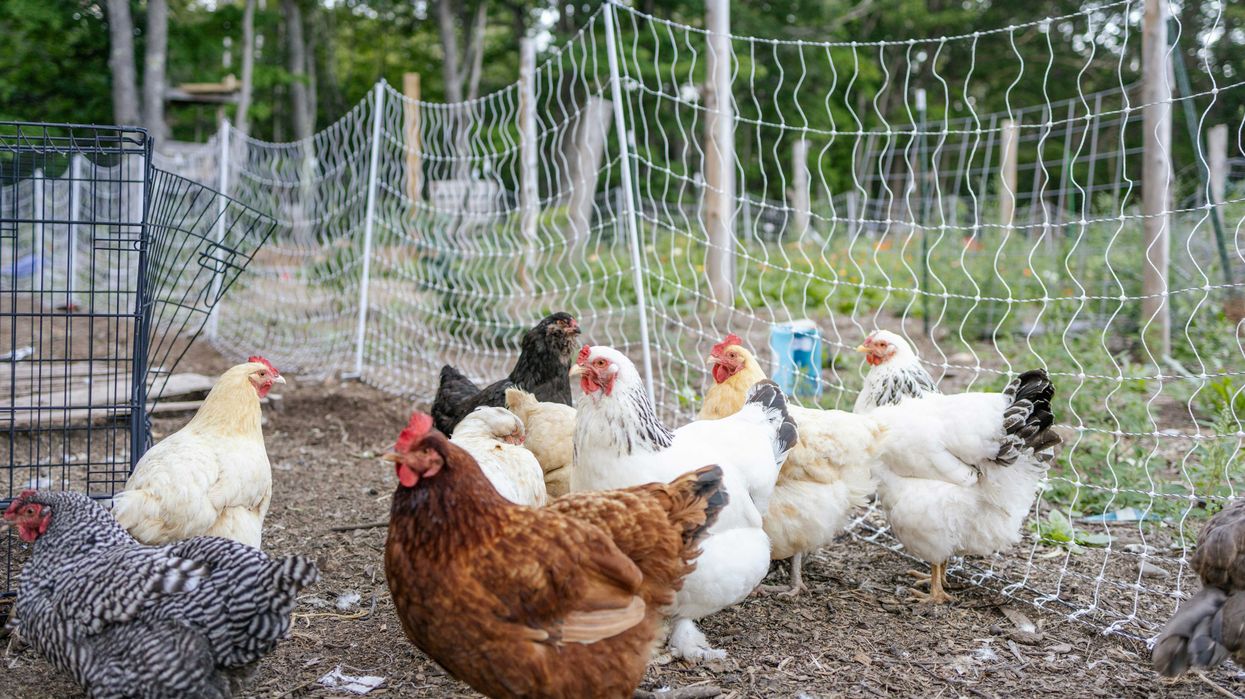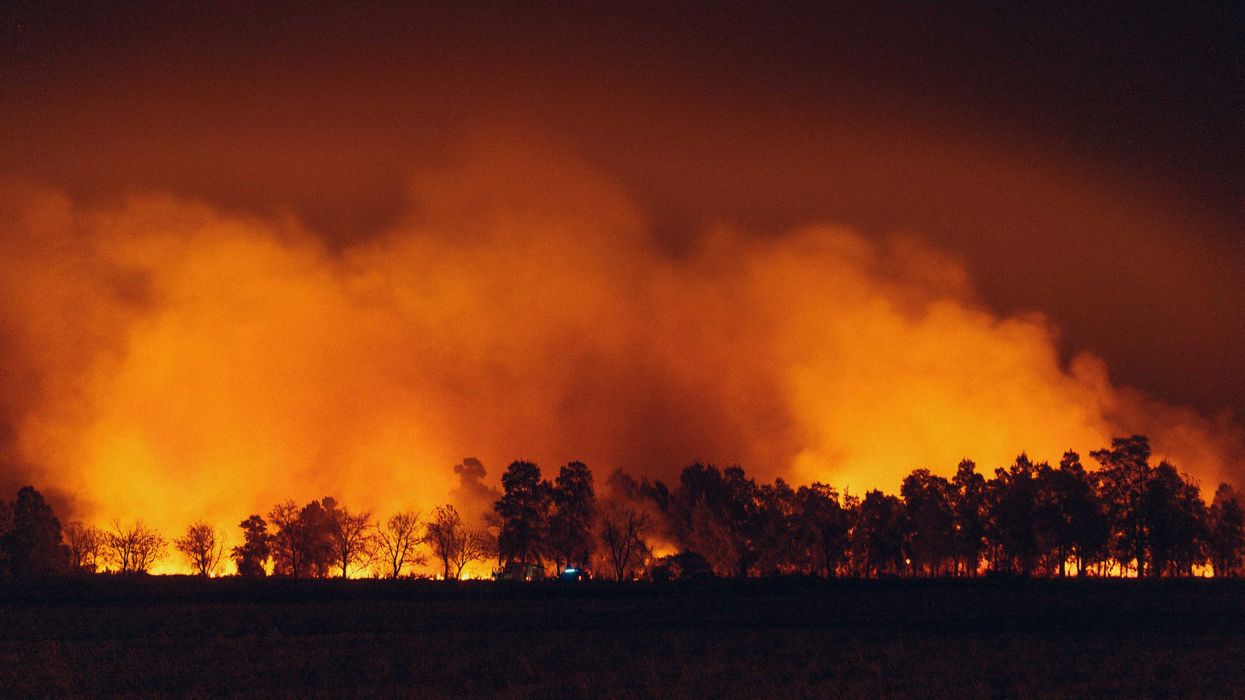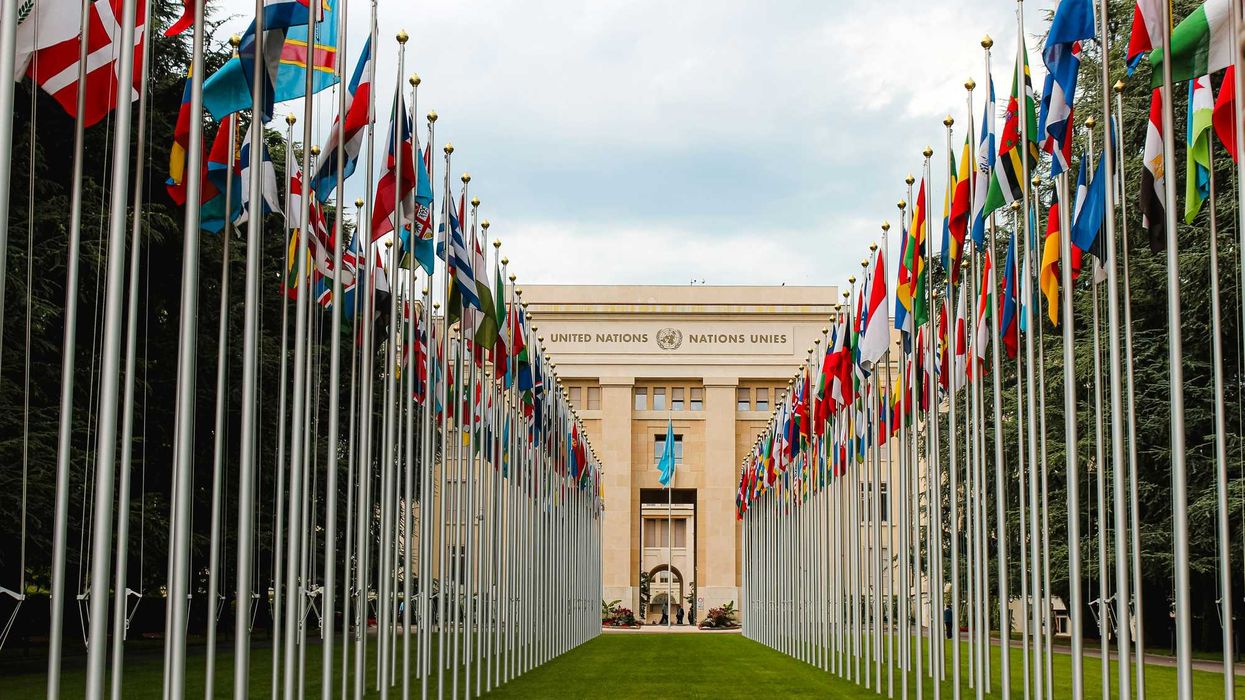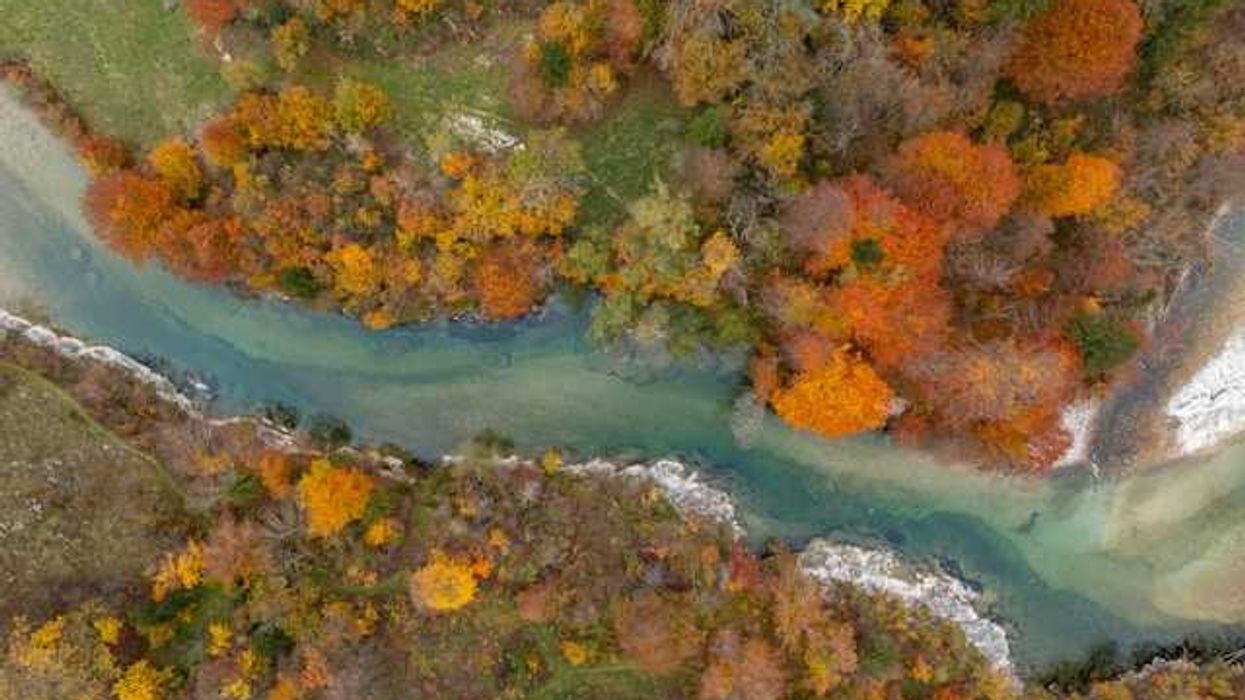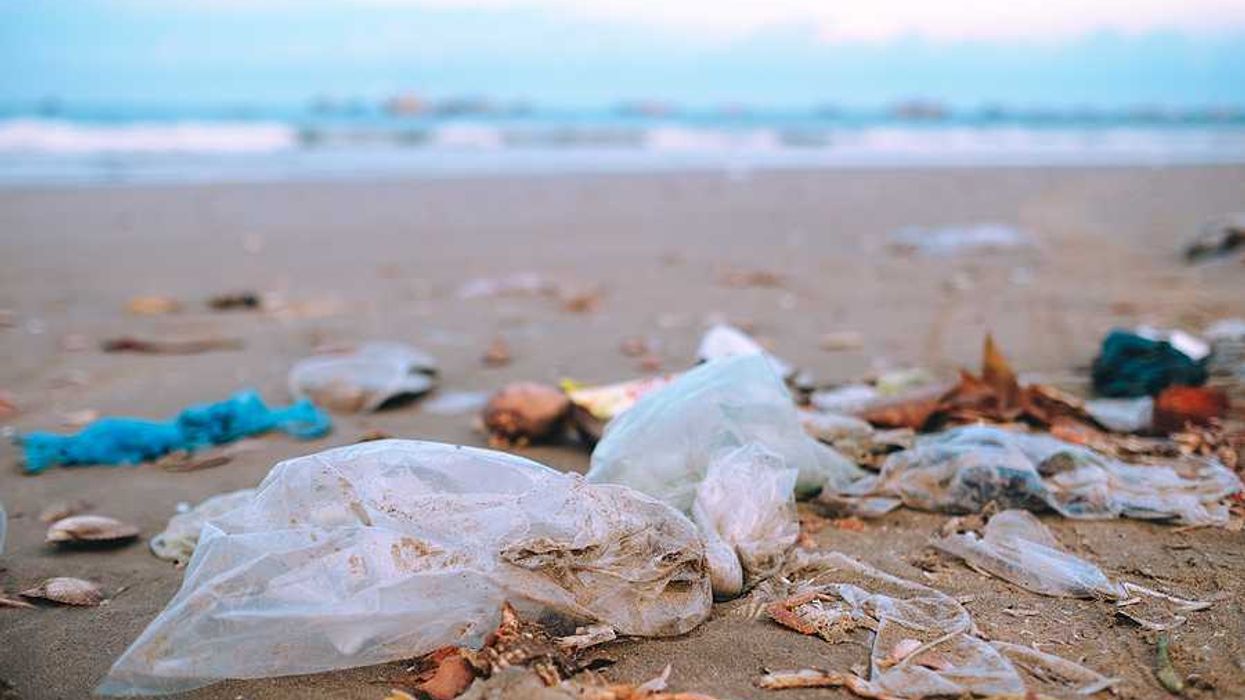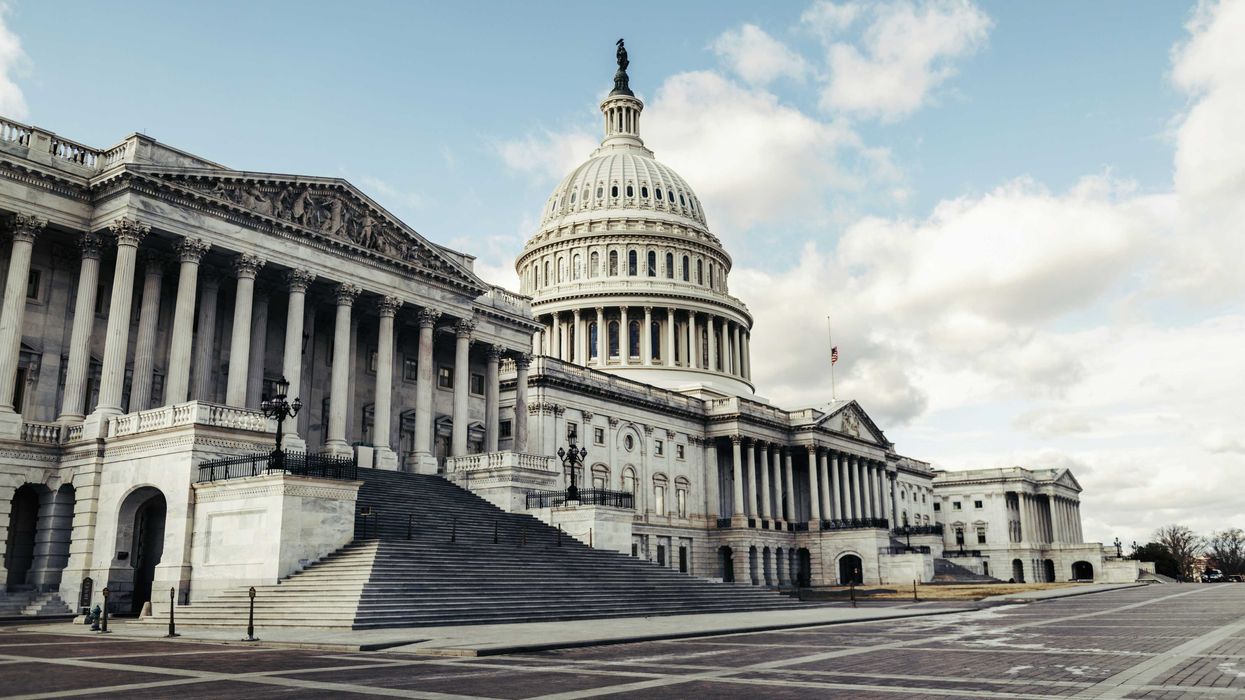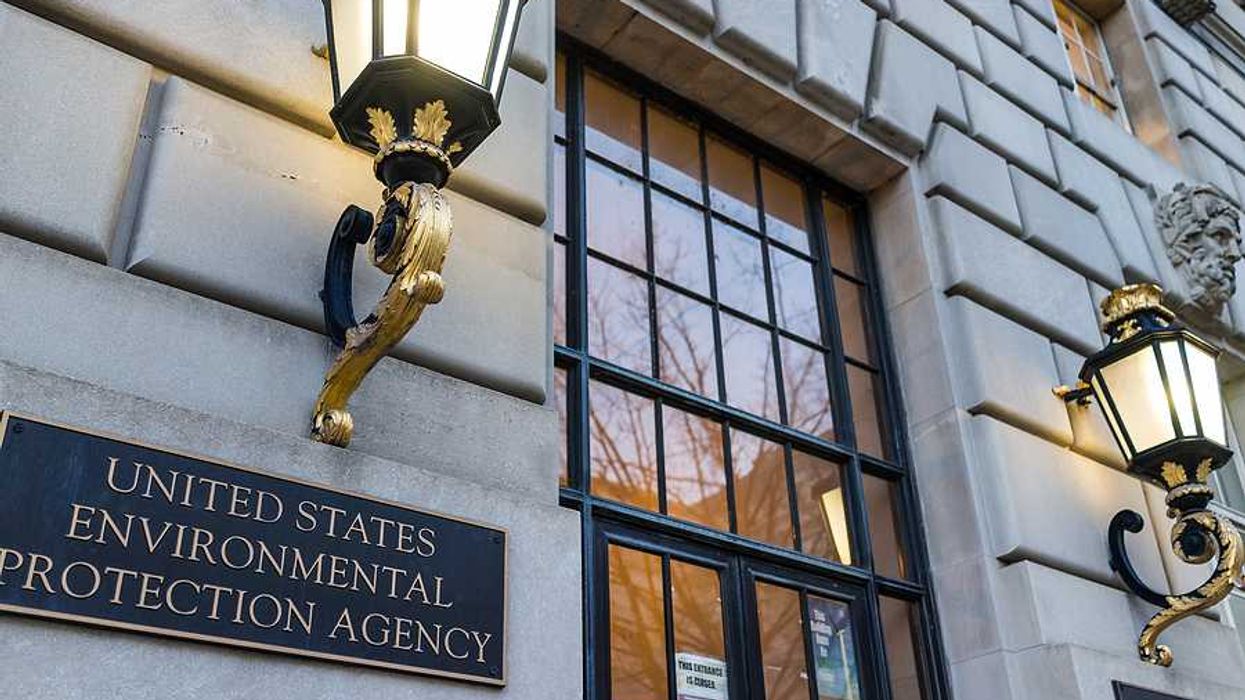In Bangladesh, the widespread use of the herbicide glyphosate in tea production raises significant environmental and health concerns.
Farhana Parvin reports for Mongabay.
In short:
- Glyphosate, used extensively in Bangladeshi tea gardens, is banned in 33 countries for its harmful effects.
- The chemical's use poses a threat to biodiversity, including endangered species in nearby tropical rainforests.
- Inadequate knowledge about herbicide application among workers exacerbates the problem.
Key quote:
"The whole biodiversity system is affected in every possible way."
— Ramij Uddin, head of the Bangladesh Agriculture University Department of Agronomy.
Why this matters:
The use of glyphosate in tea production not only endangers local ecosystems but also poses a global health risk. This issue highlights the urgent need for sustainable agricultural practices and informed use of chemicals in farming.
Want to learn more? Read: Glyphosate, explained.


